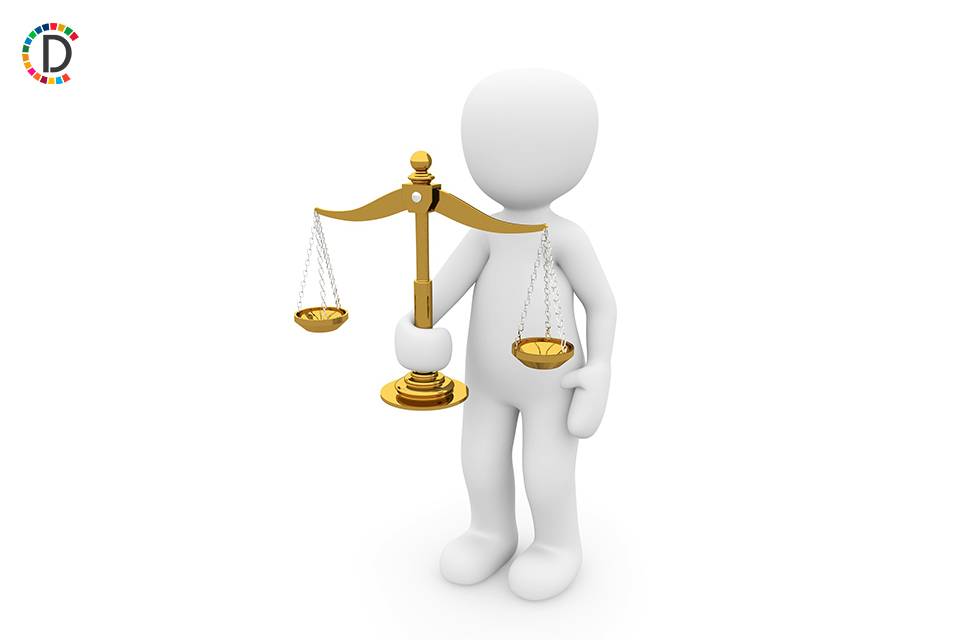EU Advances Plan to Use Frozen Russian Assets to Fund Ukraine Aid
It came after weeks of tough negotiations among member states, which were made more complicated by the stringent financial limits on using such funds.The deal should free up to 3 billion Euros USD 3.2 billion a year for Kyiv, of which 90 per cent could be spent on ammunition and other military equipment.Officials said a first installment of the funds could reach Kyiv in July.The EU is holding around 210 billion Euros USD 225 billion in Russian central bank assets, most of it frozen in Belgium, in retaliation for Moscows war against Ukraine.

- Country:
- Belgium
European Union nations reached a tentative breakthrough deal to provide Ukraine with billions in additional funds for arms and ammunitions coming from the profits raised from frozen Russian central bank assets held in the bloc.
The agreement among the 27 EU ambassadors was announced by Belgium, which holds most of the frozen assets in the bloc. It came after weeks of tough negotiations among member states, which were made more complicated by the stringent financial limits on using such funds.
The deal should free up to 3 billion Euros (USD 3.2 billion) a year for Kyiv, of which 90 per cent could be spent on ammunition and other military equipment.
Officials said a first installment of the funds could reach Kyiv in July.
The EU is holding around 210 billion Euros (USD 225 billion) in Russian central bank assets, most of it frozen in Belgium, in retaliation for Moscow's war against Ukraine. Kyiv has long been urging that those funds be used to get vital military supplies as it struggles to stave off renewed Russian attacks.
A small group of member states, especially Hungary, refuse to supply weapons to Ukraine so special safeguards had to be included in the deal to allow for some 10 per cent of the funds to be considered general aid.
EU member states still need to officially endorse the ambassadors' agreement.
(This story has not been edited by Devdiscourse staff and is auto-generated from a syndicated feed.)
- READ MORE ON:
- EU
- Ukraine
- Russian assets
- arms
- ammunition
- Belgium
- 3 billion Euros
- Kyiv
- Russian central bank
- Hungary
ALSO READ
Arms Act Violation: Man Arrested with Country-Made Firearm and Ammunition
Terror Cache Busted in J-K's Reasi, Weapons and Ammunition Seized
European Court upholds Belgium's school head scarf ban
Blinken says U.S. rushing ammunition, weapons to Ukraine amid fierce new fighting
Blast at St Petersburg academy caused by World War Two ammunition, military says










